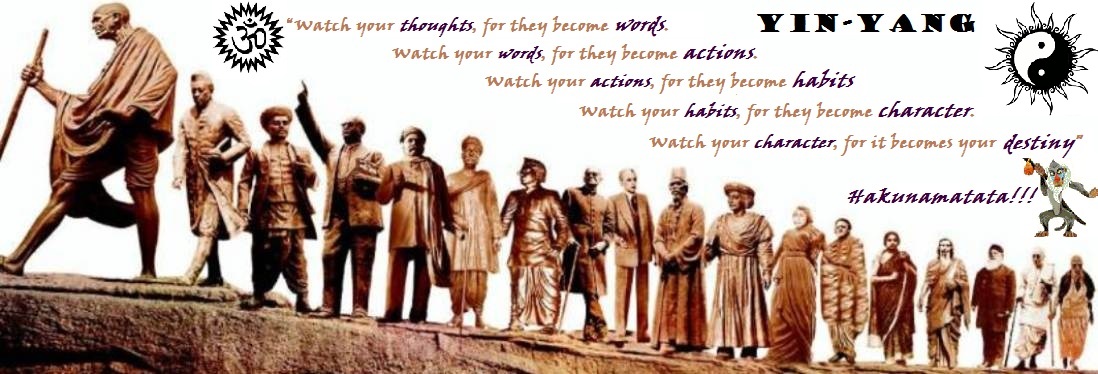In fact the very word Sugar (and even Sucrose) is derived from the Sanskrit word for Sugar – Sharkara.
For the past thousands of years Sugar cane is being cultivated in India. However Sugarcane became popular and spread to the rest of the world only after Indians developed the technique of turning sugarcane juice into granulated crystals there by making it easy to store as well as transport. India is the world’s largest producer of Sugar after Brazil today.
The earliest reference to Sugar can be found in the ancient vedic text of Atharva Veda. Susrutha Samhita lists 12 different varieties of Sugar. The best of which were called Vamshika (with thin reeds) and Paundraka (which came from the Bengal region). Even today Bengal produces some of the best sweets in the world using sugar syrup as a major ingredient. If you haven’t tasted a Bengali Rasgullah yet – then you probably dont know how sweet sugar can really be!
Darius – the King of Persia – who invaded India at around 510 BCE was fascinated when he tasted this “Reed which gives Honey without Bees“. Alexander’s army tasted it in India in 326 BCE.
Sugar was carried to other parts of Asia by the Indian Sailors whose dietary mainstay was Sugar + Clarified Butter (Ghee). Even today Sugar and Ghee is a favorite combination in many parts of India.
The Buddhist monks from India who went to spread Buddhism introduced Sugarcane in China at around 110 BCE.
In the first century CE Dioscorides described sugar as ‘a honey called sakkharon collected from reeds in India‘ which had the ‘consistency of salt and which could be crunched between the teeth‘.
Sugarcane / Sugar reached Persia at around 6th century CE. From there the Arabs took it to Egypt in 641 CE. And finally to Spain at around 714 CE.
Western Europe discovered Sugar only after the Crusaders in the 11th Century tasted this “New Spice”. It entered England in 1099. During his second voyage in 1493 Columbus took Sugarcane from Canary Islands to the Caribbean.
During the years 1625 to 1750, Sugar was worth its weight in gold and was referred to as “White Gold”. To make it cheaper Europeans opened the slave trade in the Caribbean islands, where the native american slaves were made to cultivate and grow sugar cane. However instead of having the cane processed in the same place where it was grown, the Europeans brought it to England to refine it into Sugar. Wouldn’t it have been cheaper to refine and process the large mass of sugar cane right at the place where it was being grown? Well, Europeans did NOT want the slaves to learn the secret skills of preparing Sugar from cane, even though they themselves had BORROWED these skills from India.
Introduction of Sugar brought in a major major change in the eating habits of the western world. Initially most sugar in Britain was used to prepare tea, but later candies, chocolates, coffee, cocoa, jams, and other sweets became very popular.
Thus became Sharkara – the most popular sweetener of ancient India – the most popular sweetener of the modern world.
Owing to the heightened health problems in the western society today due to the over consumption of sugar, some even call it India’s Sweet Revenge to the west – take it either way – either by the real India (from where the sugar originated) which was occupied by the British till 1947 – or by the Native American Indians whose entire Continent was stolen from them by the Europeans and who were made to work as slaves for the European consumers.
Referring to the invention of modern mathematics (invention of zero and place value system) in ancient India, Einstein once said “We should be thankful to Indians who taught us how to count without which no worthwhile scientific discovery would have been possible“.
On similar lines shouldnt the west say, “We should be thankful to Indians who taught us how to prepare sweets without using honey without which no worthwhile sweet preparation would have been possible.”
The next time you taste a sweet, most probably it would have some sugar in it, and if so then you know where it originally came from 

